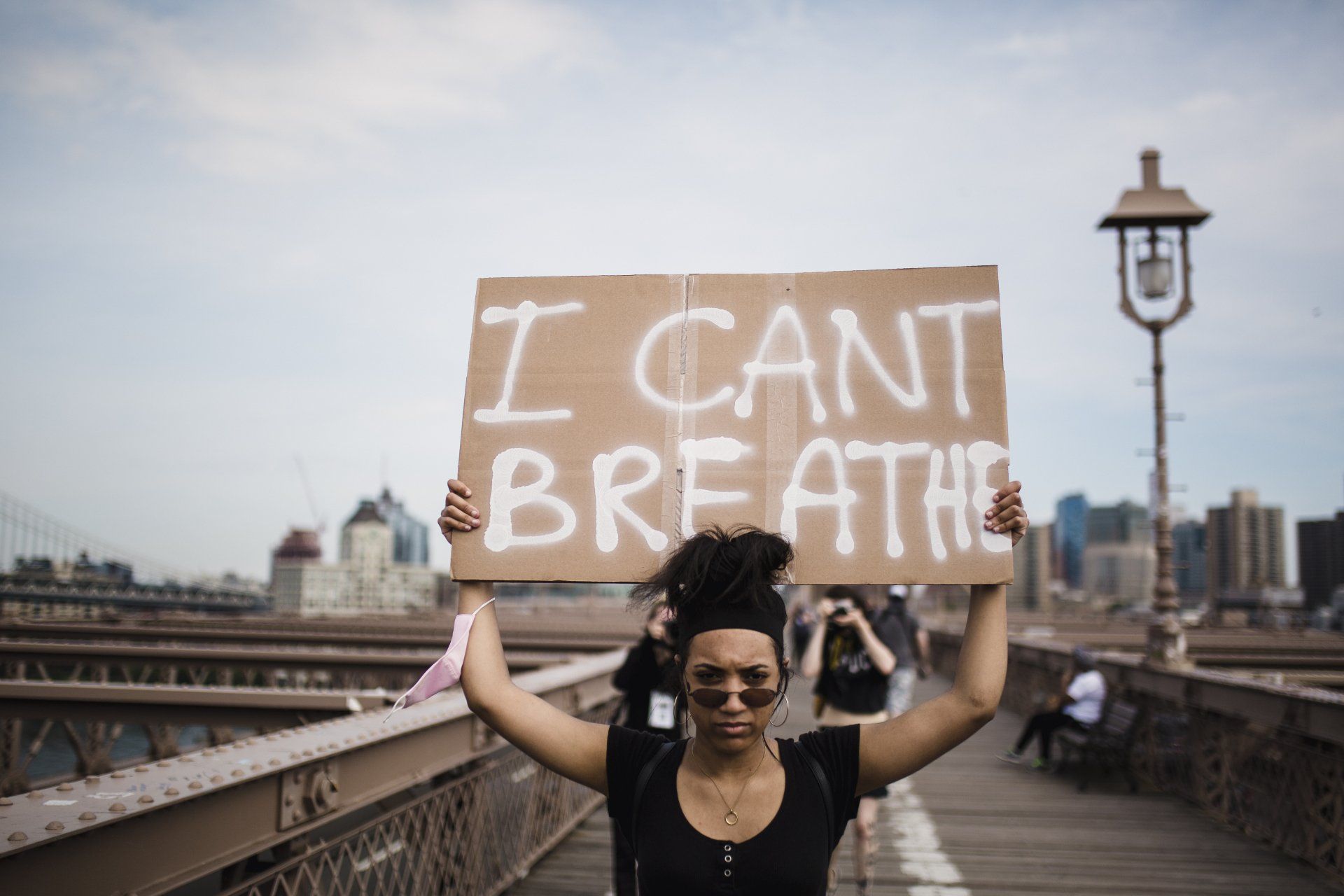Your friend has a trial and is facing serious criminal charges. You have evidence that could save your friend and you want to help him/her. The only problem though is that your evidence incriminates you. What do you do? Should you or should you not testify at your friend’s trial? Read below for more assistance on this issue.
The legal provisions that apply in this situation are section 5 of the Canada Evidence Act , sections 7 and 13 of the Canadian Charter:
Section 5 Of The Canada Evidence Act States
Incriminating Questions
- 5 (1) No witness shall be excused from answering any question on the ground that the answer to the question may tend to criminate him, or may tend to establish his liability to a civil proceeding at the instance of the Crown or of any person.
Answer Not Admissible Against Witness
- (2) Where with respect to any question a witness objects to answer on the ground that his answer may tend to criminate him, or may tend to establish his liability to a civil proceeding at the instance of the Crown or of any person, and if but for this Act, or the Act of any provincial legislature, the witness would therefore have been excused from answering the question, then although the witness is by reason of this Act or the provincial Act compelled to answer, the answer so given shall not be used or admissible in evidence against him in any criminal trial or other criminal proceeding against him thereafter taking place, other than a prosecution for perjury in the giving of that evidence or for the giving of contradictory evidence.
Section 7 Of The Canadian Charter States
7. Everyone has the right to life, liberty and security of the person and the right not to be deprived thereof except in accordance with the principles of fundamental justice.
And Section 13 Of The Charter States That
Incriminating Evidence
13.
A witness who testifies in any proceedings has the right not to have any incriminating evidence so given used to incriminate that witness in any other proceedings, except in a prosecution for perjury or for the giving of contradictory evidence.
You Are Protected By The Canadian Constitution
As can be seen from the provisions above, a witness who testifies at a trial and who gives incriminating evidence against him/herself is protected, except in cases where the witness is prosecuted for perjury or for the giving of contradictory evidence. In other words, if your friend begs you to testify at his/her trial and you are afraid that your testimony might end up getting you charged instead, you are protected by law. As can be seen above, the protection is not only provided by a law (
Canada Evidence Act ) but is also enshrined in the
Constitution as the
Charter is part of the
Canadian Constitution.
The only exception to this rule, however, is a perjury prosecution or a prosecution for giving contradictory evidence. So unless you do not fall under these two exceptions, you are protected when you testify. In addition, note that the protection guaranteed by s. 13 of the
Charter protects your testimony in
any proceedings.

About The Author
Maya Shukairy is a criminal defence lawyer based in Ottawa, Ontario. Before becoming a criminal defence lawyer, she worked in a Crown’s Office gaining experience working as a Crown prosecutor. Maya offers her services in English, French and Arabic. Shukairy Law has affordable rates and accepts Legal Aid certificates.
Find this post informative?
Share it with your friends and family.
CAUTION: the information on this page does not constitute legal advice and is NOT a substitute for legal advice. To obtain legal advice please refer to a lawyer. If you do not have a lawyer and you are seeking legal advice, you may contact us at (613) 670-5819.
Take a look at a few other posts...



